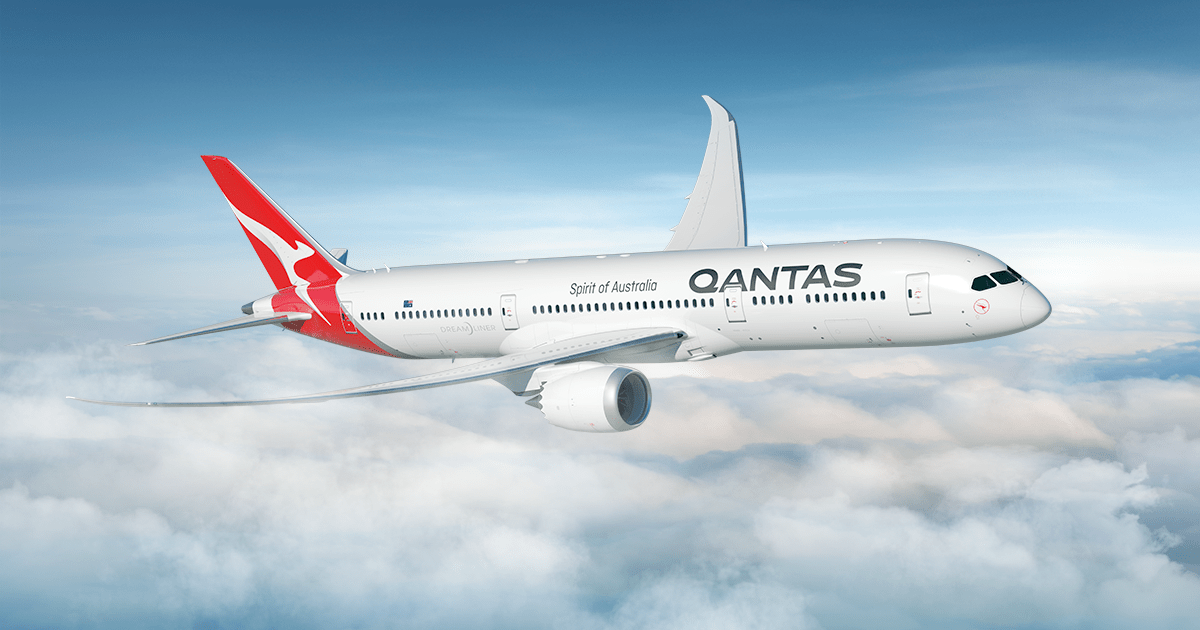Qantas Airways has launched a $1.36 billion institutional placement as well as cutting 6000 jobs cut and grounding 100 aircraft for the next 12 months as part of its three-year COVID-19 recovery plan.
In a statement Qantas said that it had received high levels of interest from both existing institutional shareholders and new investors for the placement, with demand in excess of the stock on offer. About 94% of the shares were allocated to existing shareholders.
Proceeds from the equity raising will be used to accelerate the group’s recovery, strengthen its balance sheet and position it to capitalise on opportunities aligned with its strategy.
Qantas chief executive, Alan Joyce, said: “The fact that there was significant demand for this offer shows clear support for our recovery plan and confidence in the fundamentals of this business. The plan involves some difficult decisions, but we are extremely well positioned to get through this crisis and start growing again on the other side.”
The news came a day after Qantas announced a three year plan to accelerate its recovery from the COVID 19 crisis, based around reducing the group’s workforce, restructuring of the carrier to save costs and recapitalise through an equity raising
The plan targets benefits of $15 billion over three years, in line with reduced flying activity including fuel consumption savings, and delivering $1 billion per annum in ongoing cost savings from the end of 20 23 through productivity improvements across the business.
Actions taken include: reducing the Group’s pre-crisis workforce by at least 6,000 roles across all parts of the business, continuing the stand down for 15,000 employees, retiring Qantas’ six remaining 747s immediately, six months ahead of schand grounding up to 100 aircraft for up to 12 months (some for longer), including most of the international fleet.
The majority are expected to ultimately go back in to service but some leased aircraft may be returned as they fall due while the carrier has deferred some A321neo and 787-9 fleet deliveries have been deferred to meet the Group’s requirements.
The cost of implementing the plan is estimated at $1 billion, with most of this realised during 2021.
“This crisis has left us no choice but we’re committed to providing those affected with as much support as we can. That includes preserving as many jobs as possible through stand downs, offering voluntary rather than compulsory redundancies where possible, and providing large severance pay-outs for long serving employees in particular,” said Joyce.

